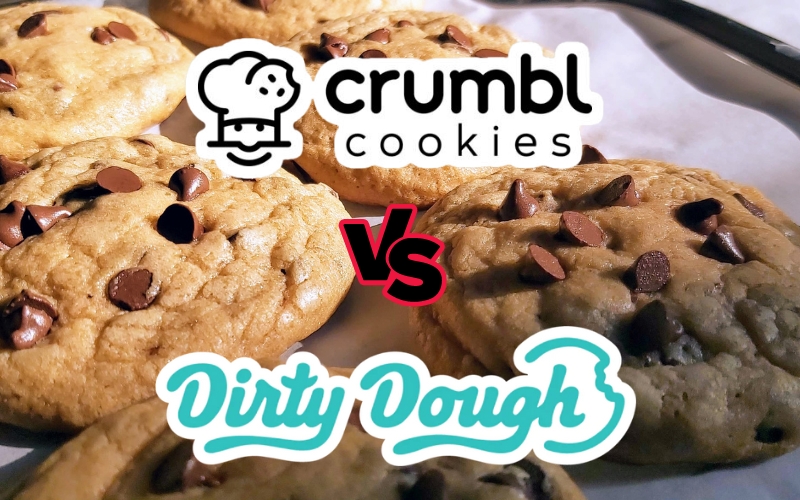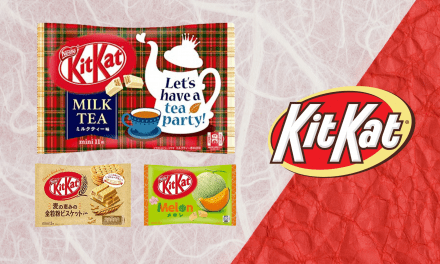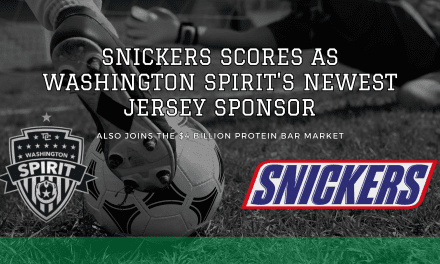Last updated 9 months ago | Originally Published: August 18, 2023
August 18, 2023
In the latest development of the ongoing legal battle between Crumbl Cookies and Dirty Dough, U.S. District Judge Howard Nielson has ordered Dirty Dough to return trade secret information to Crumbl Cookies. However, the court declined Crumbl’s request to temporarily halt Dirty Dough’s franchising efforts.
Last September, Crumbl Cookies initiated legal action against Dirty Dough, demanding the return of its trade secrets and a public acknowledgment of the alleged theft. Additionally, Crumbl sought to temporarily stop Dirty Dough from opening new outlets until it was confirmed that the stolen information was no longer in use.
Jason McGowan, Crumbl’s Founder and CEO, expressed satisfaction with the court’s decision on his LinkedIn page. He stated that the stipulated order, which mandates Dirty Dough to return the trade secrets, reinforces Crumbl’s commitment to protecting its intellectual property.
The legal feud began when Crumbl accused Dirty Dough of imitating its business model, trademarks, and trade dress. McGowan previously mentioned that a relative of one of the defendants, who had been an employee at Crumbl, had access to proprietary information, including recipes and processes. An insider later informed Crumbl that this information had been misused.

Dirty Dough, founded in 2018 in Tempe, Arizona, by Bennett Maxwell, refuted these claims. In a twist, court documents revealed that Bennett’s brother, Bradley Maxwell, who had invested in Dirty Dough, downloaded 66 Crumbl recipes and other proprietary data from Crumbl’s secure server during his tenure at Crumbl. The court expressed little doubt that Bradley Maxwell’s actions were both unlawful and unethical.
Judge Nielson rejected Crumbl’s plea to suspend Dirty Dough’s franchising activities despite the court’s findings. The judge emphasized that Dirty Dough’s success cannot be solely attributed to using Crumbl’s information. He also mentioned barring Dirty Dough from market expansion during the lawsuit would be “profoundly anti-competitive.”
Regarding Crumbl’s demand for a public statement from Dirty Dough, Judge Nielson opined that it seemed more aimed at addressing the negative public perception Crumbl faced due to Dirty Dough’s advertising and PR campaigns.
In a statement to Salt Lake City’s Fox 13, Bennett Maxwell expressed relief over the court’s refusal to grant the preliminary injunction. He accused Crumbl of initiating the lawsuit to curb competition.
This isn’t Crumbl’s only recent legal skirmish. In 2022, Crumbl sued another cookie company, Crave, over marketing similarities. However, both parties settled last month, dismissing all claims against Crave.
Crumbl Cookies has seen significant growth, with its sales nearly tripling from $390 Million in 2021 to almost $985 Million. The company now boasts around 700 outlets. In contrast, Dirty Dough’s website indicates over 30 active locations and 60 more “coming soon,” while Crave has 14 outlets.







Recent Comments